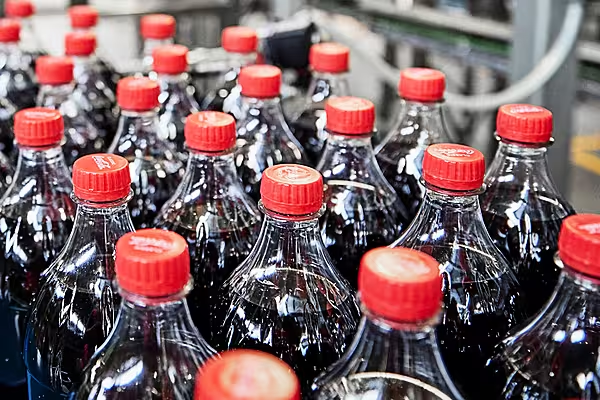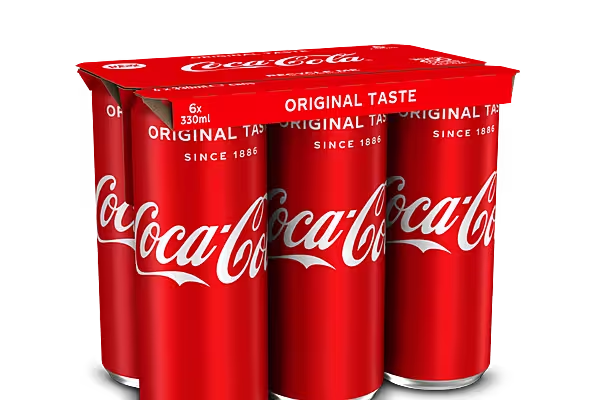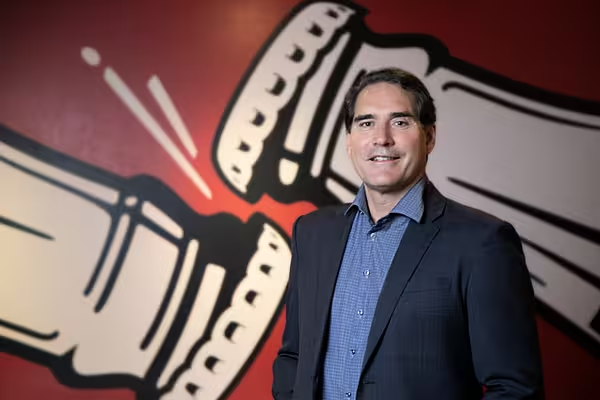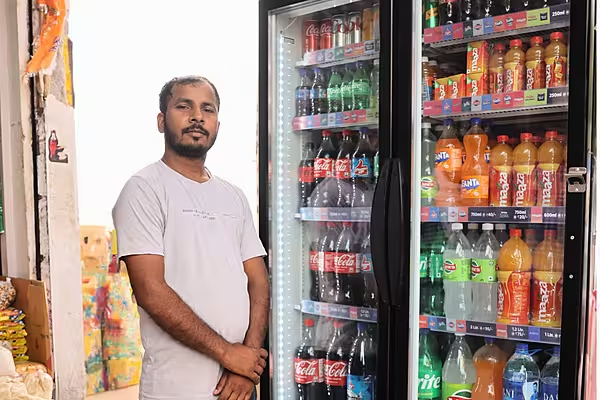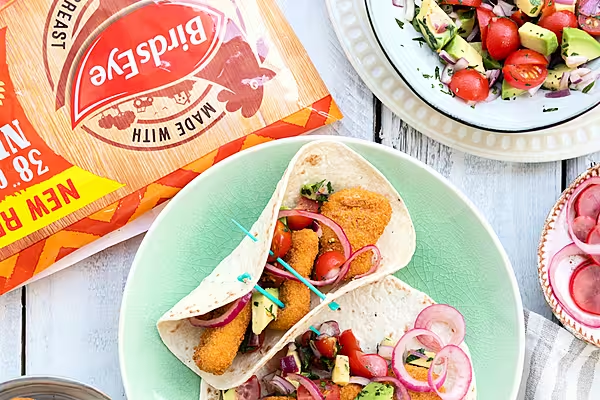Coca-Cola has scaled back some of its environmental goals, including its efforts to increase the use of recycled materials in its packaging.
Previously, Coca-Cola had set a target of using 50% recycled materials in its product packaging by 2030, however, under the new targets – described as an ‘evolution’ of its voluntary environmental goals – this has been changed to a target of 35% to 40% by 2035.
Elsewhere, while the company had previously set a target to collect and recycle a bottle or can for each one sold by the end of the decade, this has now been updated to ensuring the collection of ‘70% to 75% of the equivalent number of bottles and cans introduced into the market annually’.
The company noted that the evolution of its goals was informed by ‘learnings gathered through decades of work in sustainability, periodic assessment of progress and identified challenges.’
It plans to increase its investment in innovation and infrastructure solutions, and collaborate with bottling partners, industry peers, local governments and civil society to achieve its goals.
Business Resilience
“We remain committed to building long-term business resilience and earning our social licence to operate through our evolved voluntary environmental goals,” commented Bea Perez, executive vice-president and global chief communications, sustainability and strategic partnerships officer at the Coca‑Cola Company.
“These challenges are complex and require us to drive more effective and efficient resource allocation and work collaboratively with partners to deliver lasting positive impact.”
Single-Use Plastic
Commenting on Coca-Cola’s new commitments, Matt Littlejohn, senior vice-president of strategic initiatives at ocean conservation organisation Oceana, said, “Coca-Cola’s decision to double down on single-use plastic – by killing its goals to reduce virgin plastic and to increase reusable packaging – is short-sighted, irresponsible, and worthy of widespread condemnation by its customers, its employees, its investors, and governments worried about the impact of plastics on our oceans and health.
“[The company’s] new and weak recycling-related pledges won’t make a dent in its overall plastic use,” Littlejohn added.
